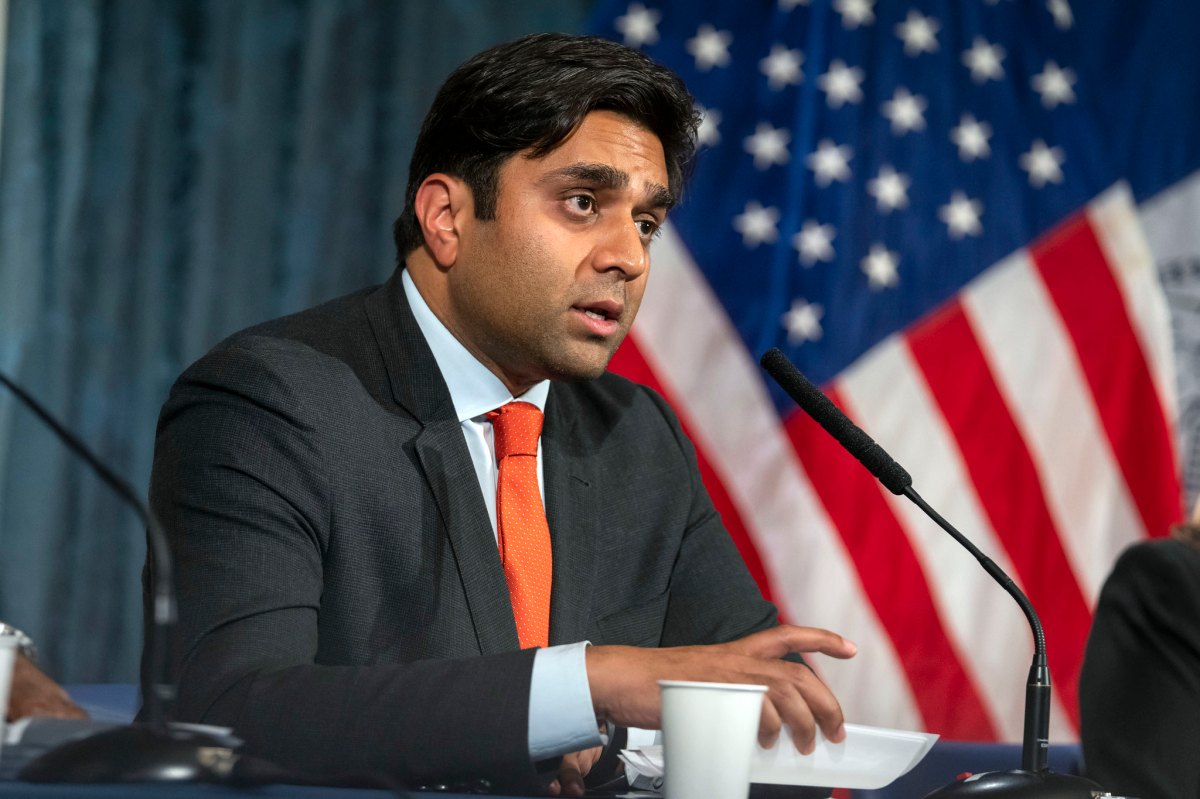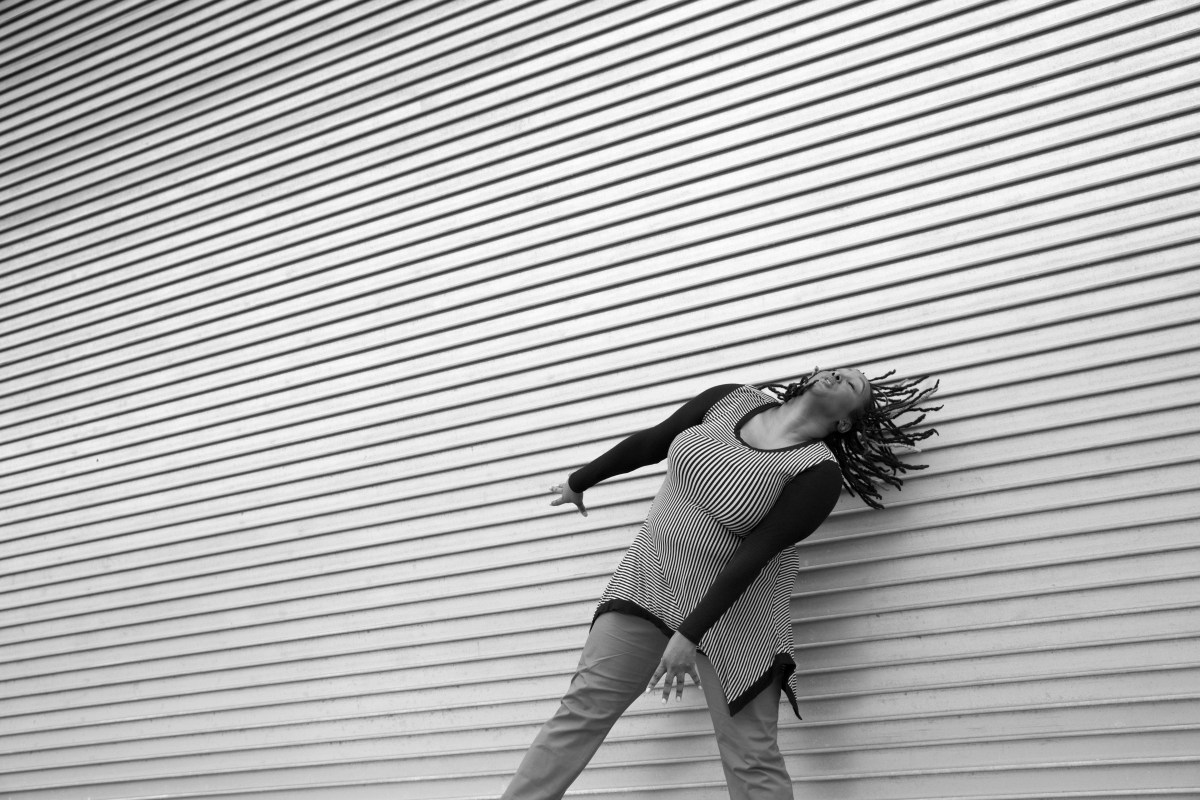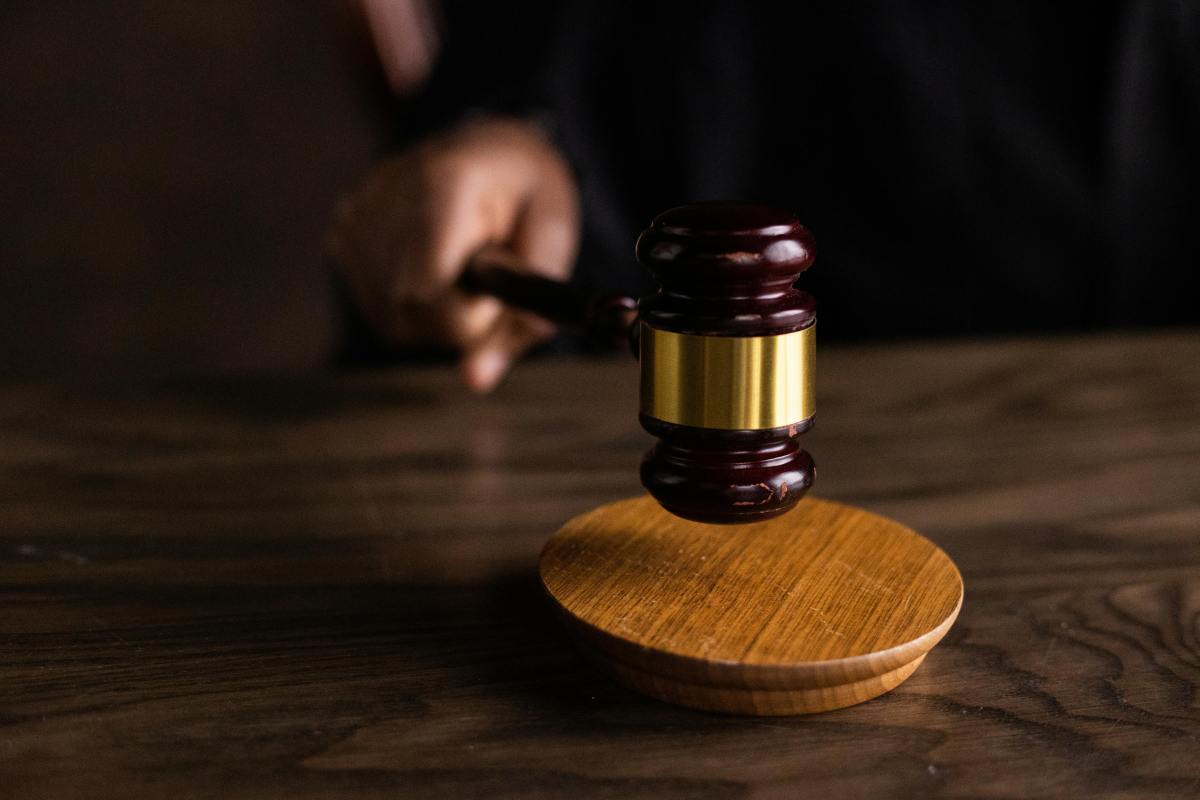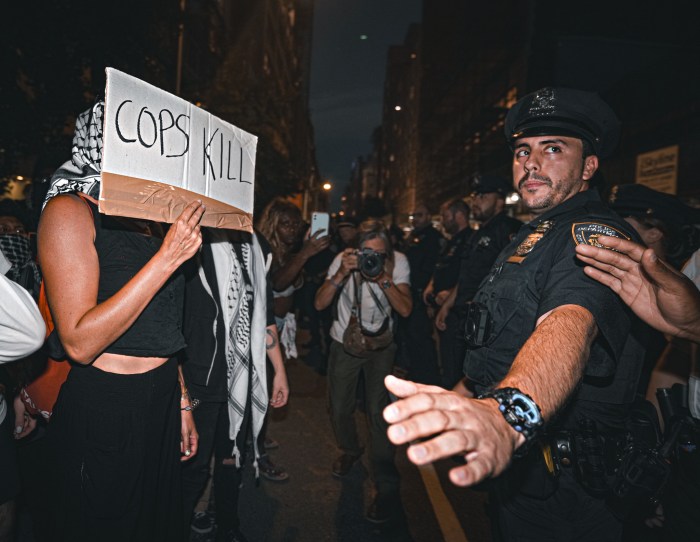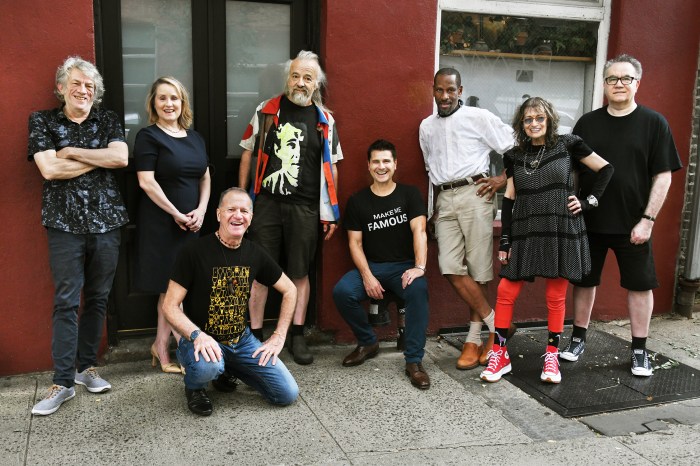By Mary Reinholz
Supporters and onetime colleagues of disbarred radical attorney Lynne Stewart are fearful that she may die behind bars now that a federal judge has added nearly eight more years to the 28-month sentence he imposed on her in 2006. She has already served more than eight months at the Metropolitan Correctional Center on Park Row after being convicted of conspiring to aid a violent Islamic conspiracy overseas.
“It’s absolutely a death sentence because of her health and age,” said Martin Stolar, a lawyer on lower Broadway and former president of the New York Chapter of the leftist National Lawyers Guild. He attended the July 15 resentencing of the 70-year-old Stewart, who is a breast cancer survivor, at the federal Daniel P. Moynihan Courthouse.
Stolar believes U.S. District Judge John G. Koeltl, a lifetime appointee of President Clinton who had presided at Stewart’s nine-month trial in Foley Square, showed “little personal integrity” in giving Stewart 10 years. He said the ruling “was worse than a 180-degree turnabout.”
Others claimed Koeltl wimped out.
“I think the judge just buckled under to the Second Circuit Court,” said William Heerwagen, host of WBAI’s “Jazz and Things.” Heerwagen viewed the resentencing in a first-floor courtroom with circuit TV opened to accommodate an overflow crowd. He was referring to a panel of judges from the Second Circuit Court of Appeals who dismissed Stewart’s appeal of the 28-month sentence in November 2009, ordered her to begin jailtime and gave Koeltl a mandate to reconsider his first sentence, which one jurist described as “breathtakingly low.”
Prominent criminal defense attorney Murray Richman — known as “Don’t Worry Murray” to clients ranging from mobsters to hip-hop moguls and former Governor Eliott Spitzer’s prostitute procurer — said he regards Koeltl as a good judge who “knew best” about the complications of an extraordinary case, but wasn’t given “much room to move in.”
The Court of Appeals ruled Koeltl was “too lenient” in first giving Stewart 28 months, Richman said in a telephone conversation. “He did what he perceived was expected of him. That’s the system,” he added. Richman called the stiffer sentence for Stewart, whom he has known for decades, “a response to the fear of the times as I perceive it.”
Government prosecutors had demanded that Stewart be sentenced to 30 years — then recently lowered that to 15 to 30 — as punishment for her 2005 conviction of materially aiding a terrorist plot to kill and and kidnap people abroad and defrauding the U.S. government. She and two Muslim co-defendants were accused in a 2003 superceding indictment of smuggling messages from Stewart’s imprisoned client, convicted terrorist Sheik Omar Abdel-Rahman, known as the “Blind Sheik,” to his followers in a U.S.-designated terrorist network called the Islamic Group, in Egypt.
Stewart’s defense team asked that Koeltl’s original sentence stand, calling it “appropriate” and “just,” given her age, health and long service to the poor and unpopular for little or no financial benefit.
In his remarks before imposing a new sentence, Koeltl raised hopes among Stewart’s supporters when he cited her lengthy “public service,” reflected in more than 300 letters he had received. In his summation, the judge referred several times to Stewart’s “poor health” and the chance that her breast cancer could recur.
When Koeltl finally announced that he would impose “120 months,” his courtroom erupted with sobs and shouts of protest. But the silver-haired Stewart, garbed in a navy-blue smock over her prison jumpsuit, remained calm, telling the judge that her lawyers would consider “all available options to do what we need to do to change this.”
Stewart earlier told Koeltl that prison had taken a toll on her and that every day in prison, she “faced the prospect of death.” She tried to explain that her jocular comments to reporters in 2006 — that she could do 28 months “standing on my head” — was a physical impossibility for a 70-year-old woman in her situation. But Koeltl said her remarks to the media, including one that she would “do it again,” showed a “lack of remorse” and warranted a longer sentence.
Outside the Worth St. courthouse, demonstrators held banners and placards with “Free Lynne Stewart” and other slogans on them, calling her “The People’s Lawyer.”
Deposed University of Colorado professor Ward Churchill, an author, activist and Stewart supporter, looked angry as he stood among a group of demonstrators.
“How does a 70-year-old, cancer-ravaged woman represent a threat to society?” he asked.
Churchill then labeled Koeltl “a lackey and a worm.” Asked to elaborate, Churchill told The Villager, “I was being mild. If I were him and had to look at my face in the mirror, I’d eat a gun. He has no integrity.”
The lanky, longhaired former academic was dressed in jeans, a half-smoked cigarette in hand. In 2001, he raised hackles for his essay in which he described the “technocratic corps” at the doomed World Trade Center as “Little Eichmanns.”
Nearby, former U.S. Attorney General Ramsey Clark had just finished answering questions from a battery of reporters and TV crews, noting softly there would be an appeal of the resentencing.
Clark, who asked Stewart to be his co-counsel defending the sheik at his 1995 trial for a seditious conspiracy to blow up New York City landmarks, was never charged in the case against her.
The fact that no one was harmed by Stewart’s actions is irrelevant, said Assistant U.S. Attorney Andrew S. Dember, lead prosecutor on the case. He claimed at trial that Stewart was motivated by a desire to “overthrow the Egyptian government.”
Stewart said she was trying to ease the sheik’s isolation and keep him in the public eye so he might be transferred to a prison facility in Egypt. She also claimed that a “bubble” built into the prison rules or SAM’s (special administrative measures) gave her, as an attorney, leeway to interpret the regulations. Dember called the “bubble” defense a lie. He did not dispute Koeltl’s resentencing of Stewart.
Later that afternoon, the office of Preet Bharara, U.S. attorney for the Southern District, issued a prepared statement expressing satisfaction with Koeltl’s ruling.
“Lynne Stewart broke the oath she swore as an attorney and now stands sentenced in the system of laws that she betrayed,” Bharara said in the statement.
George Venizelos, special agent in charge of the New York office of the Federal Bureau of Investigation, said in the same statement that Stewart “assisted a convicted terrorist in communicating with followers in direct violation of a judicial order. Today’s sentence reflects the seriousness of the offense. The F.B.I. is satisfied that this serves the interest of justice.”
Koeltl did not resentence Stewart’s co-defendants — Mohammed Yousry, an Arabic interpreter now serving 20 months, and Ahmed Abdel Sattar, a former Staten Island postal worker and paralegal, convicted of the most serious crimes in the case, and now serving 24 years.
Leftist lawyer Ron Kuby briefly represented the sheik after the first World Trade Center attack in 1993 with his senior partner, William Kunstler, the late civil liberties icon. Kuby said he was not surprised by Judge Koeltl’s decision, saying he “privately” expected the judge to give Stewart 12 years, instead of 10.
“The entire Court of Appeals made it clear that the vast majority of judges on the Second Circuit thought it was O.K. to give her 30 years,” Kuby said. “The government was lenient in saying 15 to 30, so my guess is that Judge Koeltl was going to give her the lowest sentence he could without being reversed by the Second Circuit. I think the government would appeal anything lower, under double digits.”
Kuby said he would advise anyone representing Stewart not to seek another appeal of her conviction because of the Second Circuit’s record in the case. He said she could be out of prison for good behavior in the spring of 2018, but acknowledged the possibility of “Lynne dying in prison.”
Stewart’s husband, Ralph Poynter, reached a day after her resentencing, said he and Stewart had discussed the possibility of Koeltl sentencing her to an additional five years. They were also hopeful, he said, that she could get “house arrest to deal with her medical problems.” He said the couple was “shocked, disappointed and hurt — you name the adjective” by Koeltl’s “terrible,” 10-year sentence. “But we’re stuck with it and we’ll deal with it,” he said.
Poynter said an appeal “would be almost automatic” and that he was talking to lawyers who have expressed interest. Several of Stewart’s lawyers have already left the case.
“Don’t Worry Murray” Richman is a lawyer who Poynter said he would be happy to hear from about his wife’s next legal steps as she prepares to be transferred within 60 days to a federal facility in Danbury, Conn. — Koeltl’s recommendation so she can be close to her family.
Richman, reached at his Bronx office, said he was saddened by Stewart’s situation.
“In most instances, over the years, her heart has been in all the right places, but I believe her judgment was askew” in the sheik’s case, Richman said. “No matter what you think of her,” he added, “she doesn’t have an evil bone in her body.”










